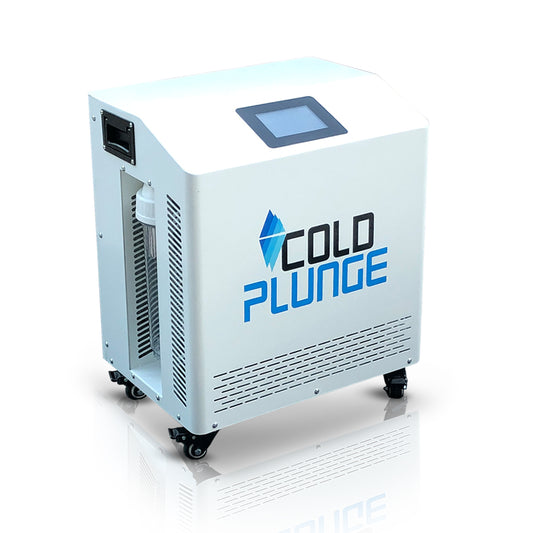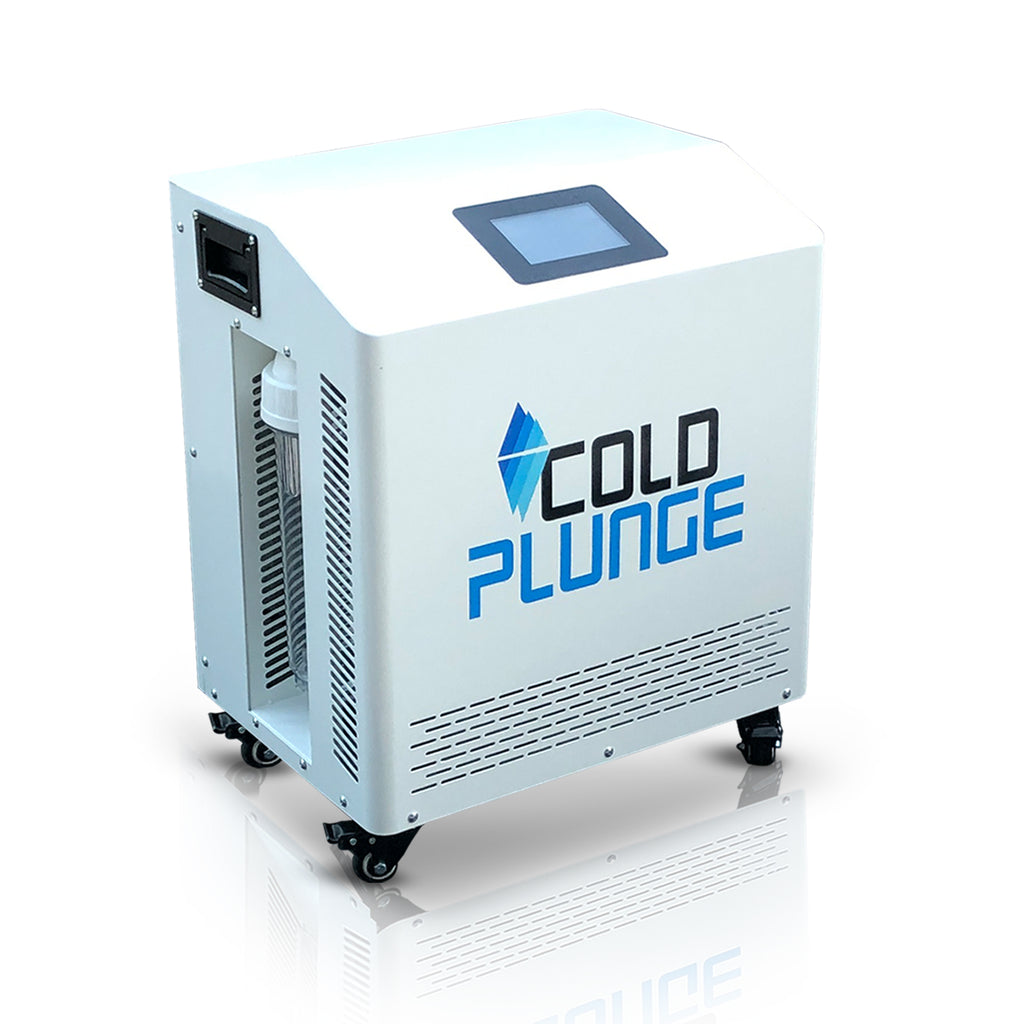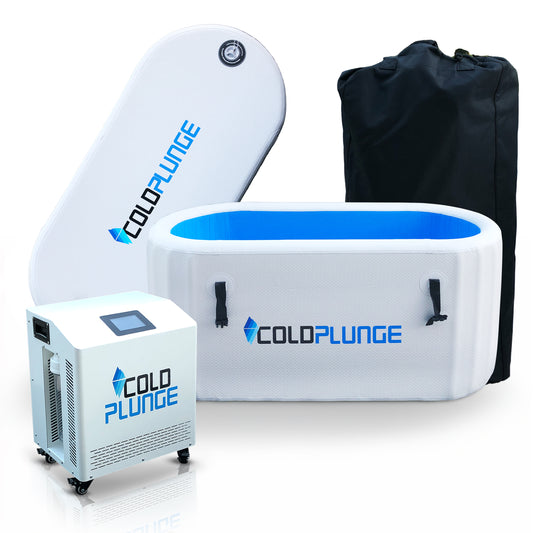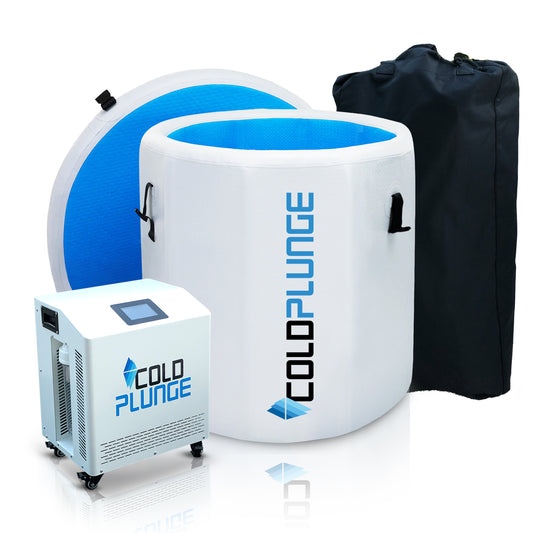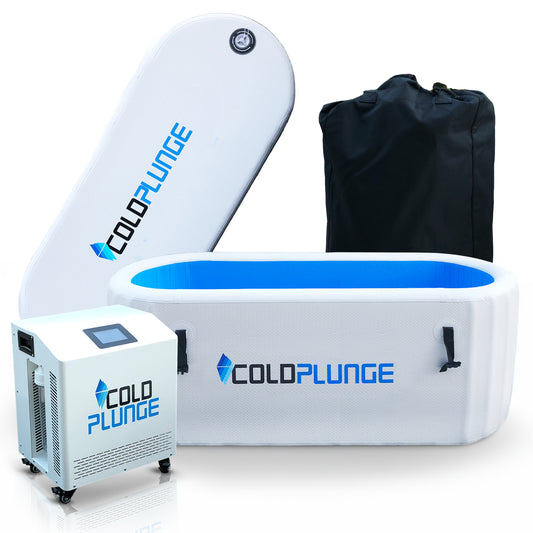Cold plunges, or cold water immersion, can help reduce inflammation through various physiological mechanisms. Here's how this practice can contribute to inflammation reduction:
-
Vasoconstriction: When you immerse your body in cold water, the initial response is vasoconstriction, the narrowing of blood vessels. This constriction helps limit the flow of blood to the extremities and reduces the delivery of immune cells and inflammatory substances to the affected areas. As a result, the localized inflammation is temporarily suppressed.
-
Reduced Blood Flow: Cold water immersion reduces blood flow to the areas of the body submerged in cold water. This decrease in blood flow can help minimize the inflammatory response, as inflammation often involves increased blood flow to deliver immune cells and nutrients to the affected tissues.
-
Decreased Metabolic Rate: Cold exposure can lead to a reduction in metabolic activity, slowing down cellular processes. This metabolic slowdown can be beneficial in reducing the production of inflammatory mediators and the overall inflammatory response in the body.
-
Numbness and Pain Relief: The cold water can act as a natural analgesic, numbing the pain receptors in the body. This numbing effect can provide temporary relief from pain and discomfort associated with inflammation.
-
Inhibition of Enzymes: Cold exposure has been shown to inhibit certain enzymes involved in the inflammatory process. For example, it can reduce the activity of enzymes like cyclooxygenase (COX) and prostaglandins, which are involved in the production of inflammatory mediators.
-
Anti-Inflammatory Cytokines: Cold water immersion may stimulate the release of anti-inflammatory cytokines, which are signaling molecules that help modulate the immune response. These cytokines can help balance the inflammatory response and reduce excessive inflammation.
-
Reduced Swelling: Cold water can help reduce swelling (edema) by constricting blood vessels and minimizing the leakage of fluids into the surrounding tissues. This can be particularly beneficial in cases of acute injury or localized inflammation.
-
Enhanced Lymphatic System Function: The lymphatic system plays a crucial role in draining excess fluid and waste products from tissues. Cold exposure can enhance the function of the lymphatic system, aiding in the removal of inflammatory byproducts and reducing swelling.
It's important to note that while cold plunges can be effective in reducing inflammation, they are typically most effective for acute inflammation, such as that resulting from exercise-induced muscle damage or minor injuries. Chronic or systemic inflammation may require a more comprehensive approach, including dietary changes, medication, or other therapies.
Individual responses to cold water immersion can vary, and not everyone may experience the same level of relief from inflammation. Additionally, cold plunges should be used cautiously, especially by individuals with certain medical conditions, so it's advisable to consult with a healthcare professional before incorporating this practice into your routine.


